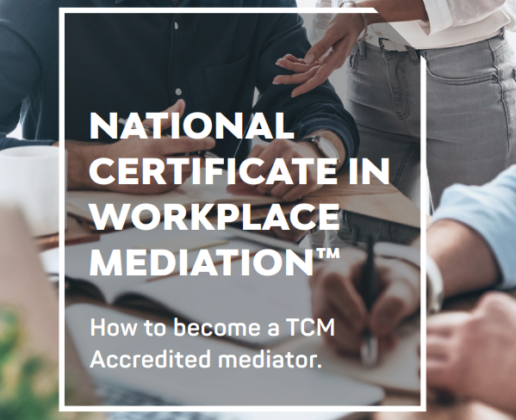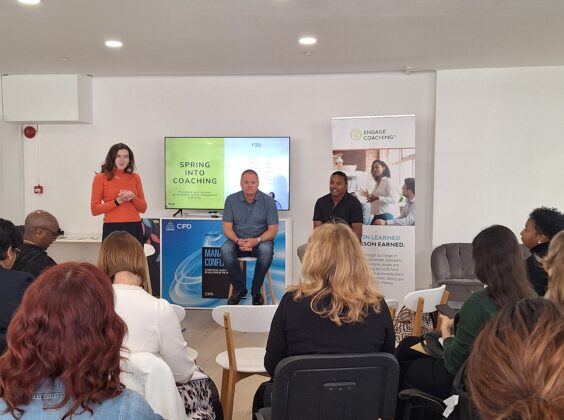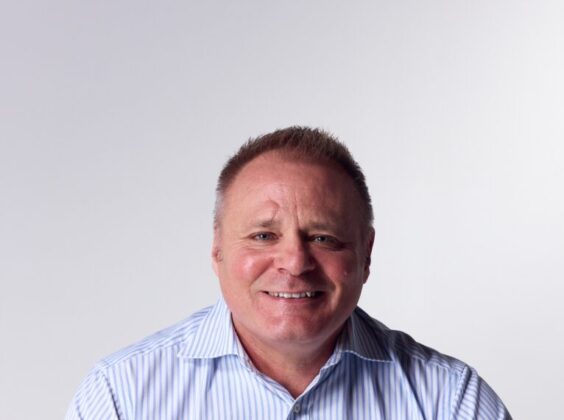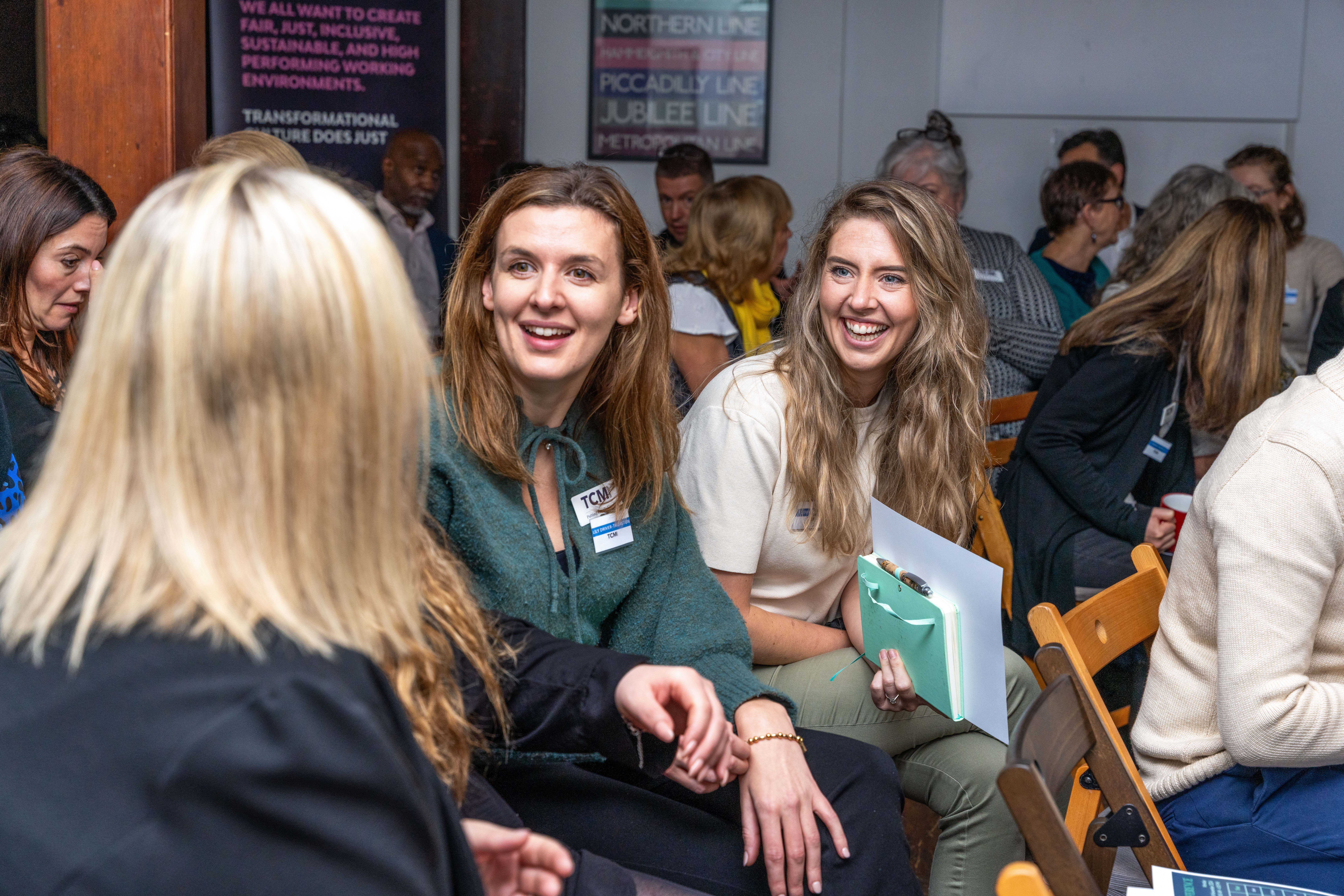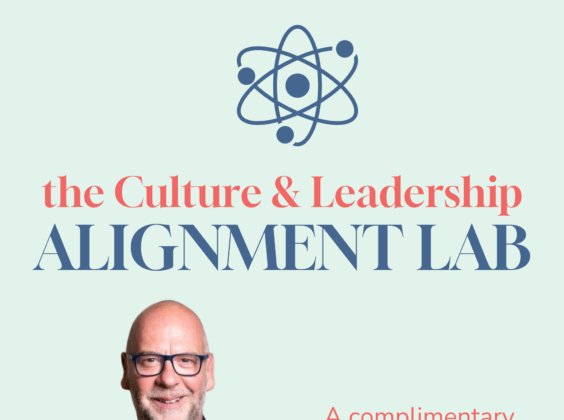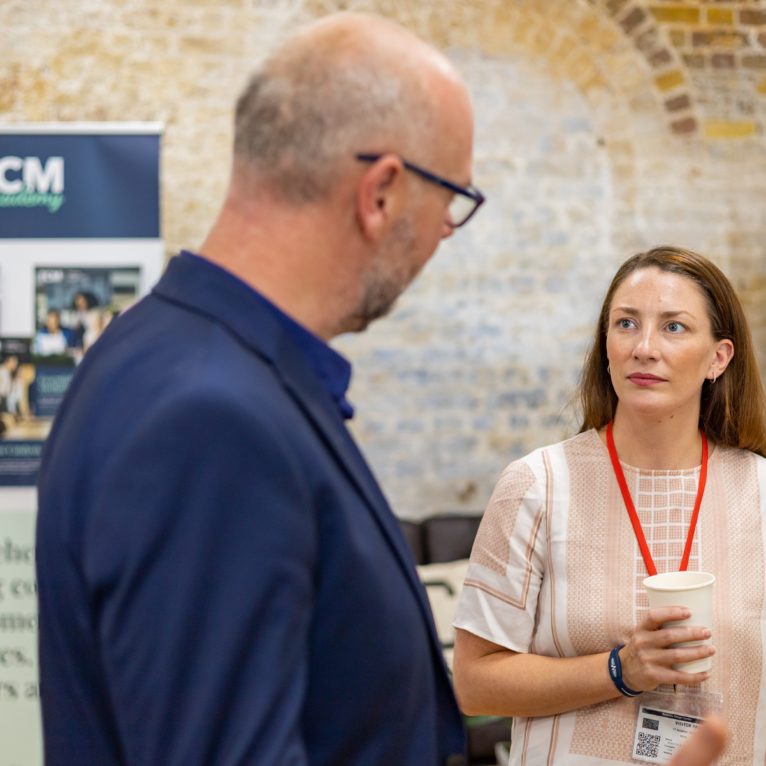
Share article:
Tags:
How do we resolve conflict when it appears in our organisations? To David Liddle, mediation is the most powerful and effective process to bring people together and secure a successful and lasting resolution.
“We can make a real difference through mediation in an informal, safe and relaxed environment, where people feel happier to talk and move forward in their relationships.”
Stephen Adams, Head of People and Resolution at The TCM Group
For the next hour, CEO David Liddle and Head of Resolution and Leadership Programmes Stephen Adams walked eager listeners through the principles, practices and philosophies of restorative resolution in our latest webinar titled Mediation Eye Opener. He set up The TCM Group over 20 years ago. After huge successes, awards and accolades in restorative justice, The Mediation Company was born.
At The Mediation Company, we’re real advocates of the role that conflict can play in driving innovation, creativity and deeper insights. It’s about understanding is not only about removing the conflict but transforming conflict from bad to good: building a deeper understanding, inciting recognition, and entrusting a sense of common purpose and convergence between parties’ needs, goals and aspirations. The objectives of the session were as follows:
- The causes and costs of workplace conflict
- An explanation of mediation: how it works, why it works and when it works best
- The key mediation skills
- Securing commitment to mediate from employees, unions, managers and leaders
- The business case for a mediation programme
Exploring conflict
“Conflict is not the problem, it’s how you handle it that becomes a problem.”
David Liddle, CEO of The Mediation Company
The audience was invited to discuss the common causes and costs of conflict. We often see people who are fearful of conflict and of the consequences of conflict and that can cause it to escalate. That can then create deep and often very challenging fissures and fractures within organisations as we attempt to control the battle lines.

From Stephen’s experience as a mediator, taking all that noise out of the room and just have those two parties talking to each other really unpacks the root cause of an issue. This conversation changes lives.
Vicious cycle or virtuous circle?
In conflict, we often find a schism forming between parties. What do we do? The starting point is to understand what’s happening in the body, the brain and the heart – these three paths are where the conflicts played out. If we’re going to manage conflict effectively, we need to understand what’s going on in the mind and heart, because that’s where the conflicts occur. Formal grievance procedures look at protecting the organisation, not its people. Situations worsen, escalate and become harder to manage; the positions become more entrenched; the parties become more polarised and more divided.
What the mediator does is try and unpack our inner workings and understand what’s really going on for the parties. We recognise that those behaviours are important, but they’re coming from somewhere. They’re coming from a position of needs not being met, our desires and aspirations not being fulfilled, a need to be heard and respected and treated with dignity, and to be engaged in decision making.

When there’s a problem, we need to defend ourselves. As humans, our bodies send out messages to release cortisol and adrenaline – the stress hormones. We become very stressed as we experience the conflicts. Those emotional and psychological reactions of feeling fearful, anxious and worried then start to shape how we are going to respond, how we will act, how we interact and how we react; in essence, the air that we breathe in and breathe out, then becomes the climate and the space within which the conflict is operating. That’s toxic.

How can we move from dysfunctional to functional?
If conflict is about our emotions and behaviours, we need to design feelings into our organisational strategy. Mediation creates a space where the parties can begin to engage with each other. We just listen. Give the person the space to talk, acknowledge how they’re feeling, summarise back, and reflect us. Try and put yourself in the other person’s shoes and imagine what’s going on for them at the moment. Don’t judge, evaluate or blame and realise that the problem is not the person but the problem is the problem puts people. It can be summarised in five simple steps:
- Listen actively
- Be empathetic
- Withhold judgement
- Depersonalise the situation
- Focus on interests and needs
“As a mediator, when you see the weight come off people’s shoulders as they feel as though they can trust you from that empathetic point of view to open up, it’s so rewarding. All the baggage and hurt that people have held inside for years just falls away.”
Stephen Adams
In a nutshell
For promoting mediation within organisations tentative to make the move from retribution to restoration, David and Stephen provided a brief overview.
- Mediation promotes adult to adult dialogue at times of dysfunctional conflict.
- Mediation creates a safe space for parties to craft their own solutions.
- Mediation allows strong feelings to be aired and discussed.
- Mediation develops empathy, insight and self awareness.
- Mediation enables the underlying root causes of a dispute or a concern to be examined and resolved.
- Mediation develops agreements based on parties mutual interests and needs.
- Mediation develops resilience within the working relationship.
Coming out of political, social and environmental crises, we certainly need to be better at managing conflict. Putting the human back into the process is integral to keeping the peace, and mediation is just one really powerful way of doing that.
If you missed the session and you’d like to catch up, you can watch the full recording below.
If you’re interested in finding out more about our mediation services, please contact our Mediation Services Coordinator Emily Reilly by clicking right here.
Robyn Marsh: Senior Communications Executive at The TCM Group


